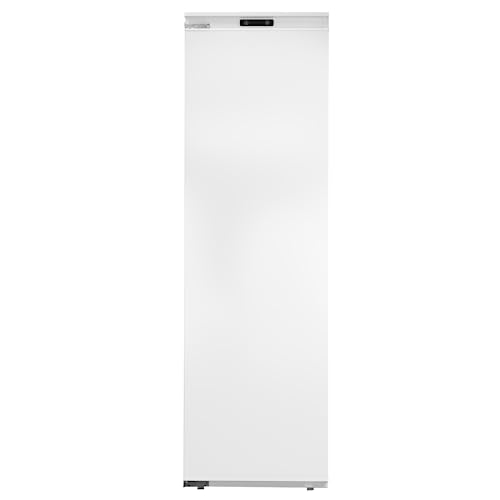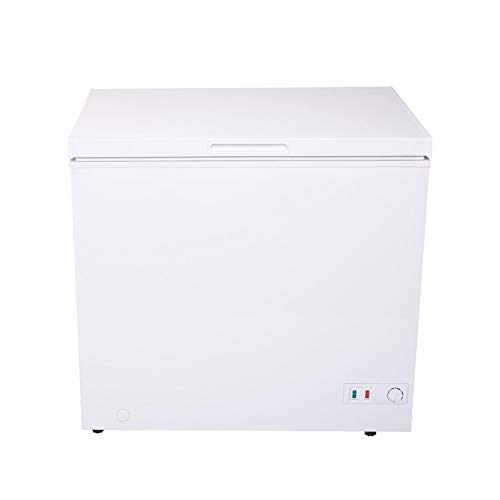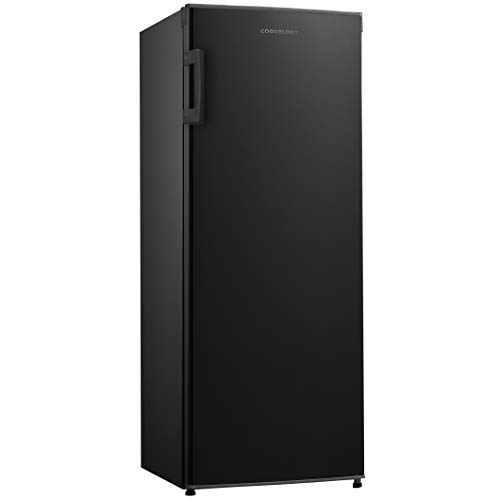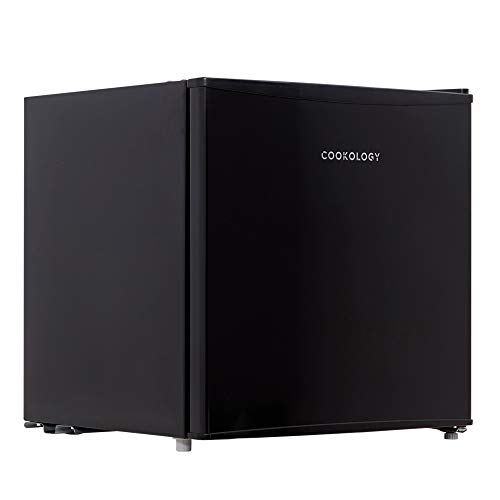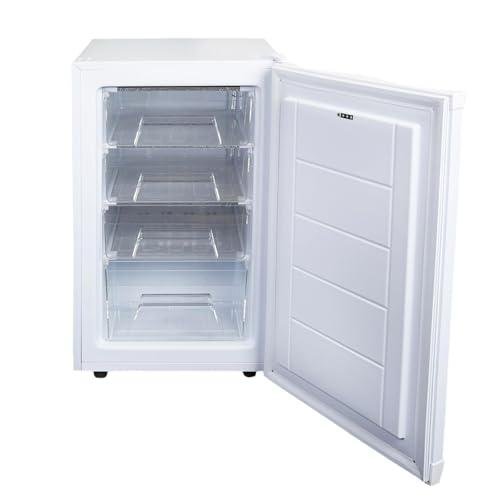Freezers are a game-changer for keeping your food fresh and organized. Whether you're stocking up on frozen veggies, ice cream, or leftovers, having a good freezer saves you time and money. Plus, with so many styles and sizes available, it's easy to find one that fits your space and needs perfectly.
Freezers
Find the Perfect Freezer Solution for Your Home or Business with our Extensive Range of Options
Product List
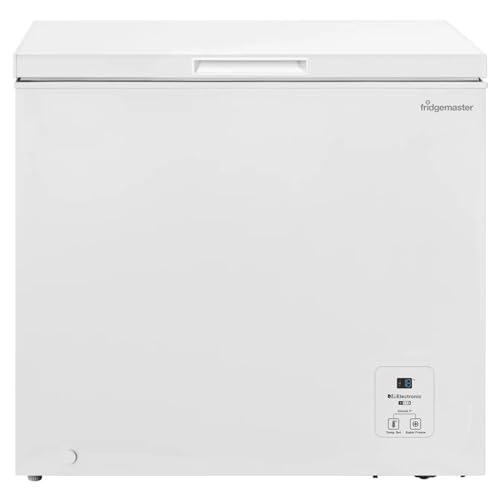
Fridgemaster 80cm Chest Freezer
Fridgemaster
Product Review Score
4.25 out of 5 stars
182 reviews£202.23 £169.00
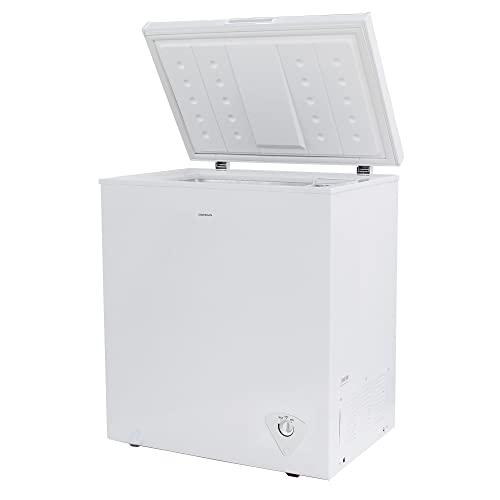
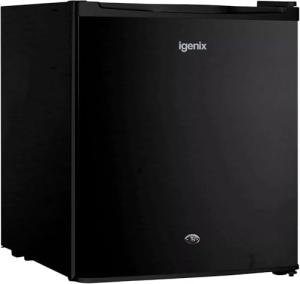
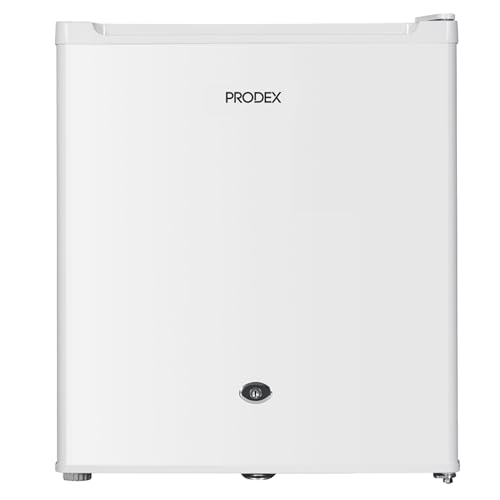
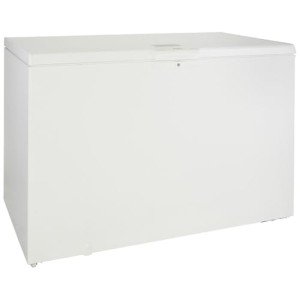
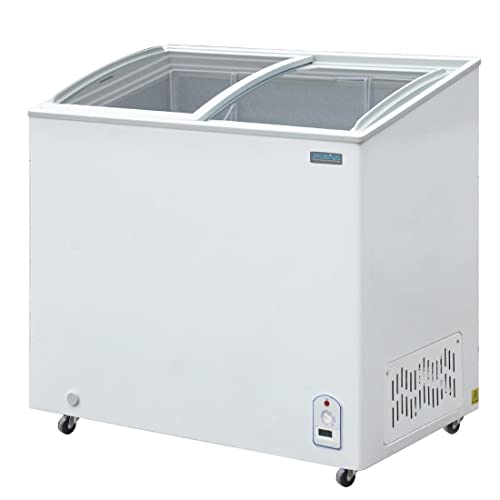
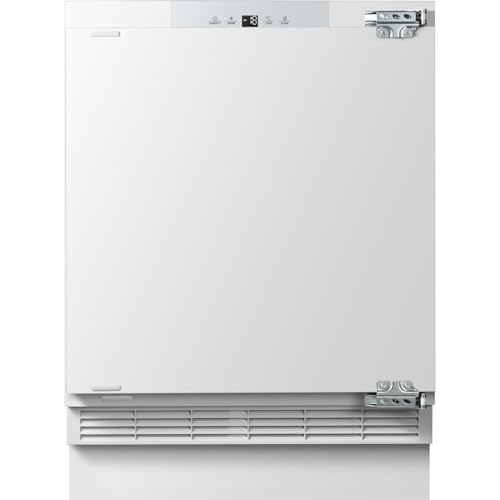
Fridgemaster 101L Under Counter Freezer
Fridgemaster
Product Review Score
4.47 out of 5 stars
176 reviews£279.00
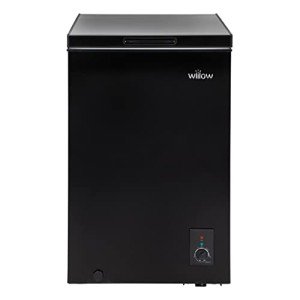
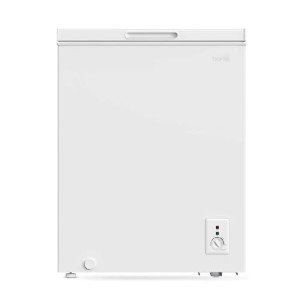
Baridi 142L Adjustable Chest Freezer
Dellonda
Product Review Score
4.61 out of 5 stars
207 reviews£164.98
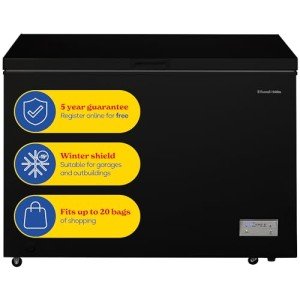
Russell Hobbs Low Noise Freezer
Russell Hobbs
Product Review Score
4.87 out of 5 stars
163 reviews£349.99 £339.00

Hisense 191L Chest Freezer
Hisense
Product Review Score
4.35 out of 5 stars
28 reviews£229.00 £195.00
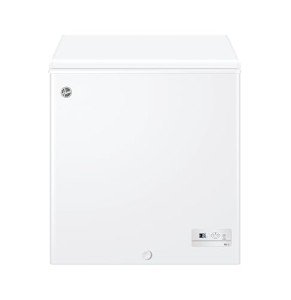
Hoover 137L White Freezer
Hoover
Product Review Score
4.58 out of 5 stars
219 reviews£229.00 £179.00
Freezers are an essential appliance in many households, providing a practical solution for preserving food and preventing waste. They allow individuals and families to store a variety of items, from leftovers and bulk groceries to seasonal produce. This blog aims to explore the different types of freezers, their uses, maintenance tips, and frequently asked questions about this indispensable appliance.
Understanding Freezers
A freezer is a device that maintains a temperature below the freezing point of water (32°F or 0°C). The primary function of a freezer is to retain food freshness for an extended period, allowing users to preserve meals and ingredients for future use.
Types of Freezers
Freezers come in several varieties, each designed for specific needs. The chart below outlines the most common types of freezers, their features, and ideal uses.
| Type of Freezer | Description | Pros | Cons | Ideal Usage |
|---|---|---|---|---|
| Chest Freezer | A large, rectangular unit that opens from the top. | Energy-efficient, spacious | Takes up floor space | Bulk food storage, long-term needs |
| Upright Freezer | A vertical unit with shelves for easy access. | Easier to organize, compact | Usually less energy-efficient | Smaller spaces, quick-access items |
| Portable Freezer | Compact freezers that can be moved easily. | Travel-friendly, convenient | Limited storage capacity | Camping, road trips |
| Drawer Freezer | Built into cabinetry, functioning like a drawer. | Seamless integration, space-saving | May have limited capacity | Small kitchens, modern design |
| Built-in Freezer | Installed under countertops, tailored to space. | Aesthetic integration | Expensive, may require ventilation | High-end kitchens |
Choosing the Right Freezer
When selecting a freezer, consider the following factors:
- Space Available: Measure the area where the freezer will be placed.
- Capacity: Evaluate how much food storage you require based on household size and shopping habits.
- Energy Efficiency: Look for Energy Star-rated appliances to save on electricity costs.
- Accessibility: Consider how frequently you’ll access the freezer and choose a type that suits your convenience needs.
Uses of Freezers
Freezers serve multiple purposes in modern households:
- Food Preservation: The main function of a freezer is to extend the shelf life of foods. Items can be stored for months without spoiling.
- Meal Prepping: Freezing meals in advance makes weeknight dinners easier. Casseroles, stews, and soups freeze well.
- Bulk Buying: When taking advantage of sales, freezers enable users to buy in bulk without worrying about spoilage.
- Seasonal Produce: Freezing allows the preservation of fruits and vegetables in their prime, ensuring these can be enjoyed year-round.
- Emergency Preparedness: With a well-stocked freezer, families can deal with unexpected events, ensuring they have food available when grocery shopping is not feasible.
Maintaining Your Freezer
To ensure a long lifespan and optimal performance from your freezer, regular maintenance is required. Here are some crucial maintenance tips:
- Temperature Checks: Ensure the freezer maintains a temperature of 0°F (-18°C) or lower.
- Regular Cleaning: Clean the interior regularly with a mild detergent. Defrost chest and upright freezers when frost buildup exceeds 1/4 inch.
- Check Seals: Inspect the door seals for damage. A poor seal can lead to temperature fluctuations.
- Organize Contents: Keep an inventory of what’s in the freezer to avoid buying duplicates and ensure you use older items first.
- Avoid Overloading: While it may seem efficient to fill the freezer, overloading can obstruct airflow and hinder cooling efficiency.
Frequently Asked Questions about Freezers
1. How long can food be stored in the freezer?
While food can be frozen indefinitely, it is best to consume meats within 6 to 12 months, vegetables within 8 to 12 months, and prepared meals within 3 to 4 months for optimal flavor and quality.
2. Can I freeze dairy products?
Dairy products like milk and cheese can be frozen, but the texture may change upon thawing. The best candidates for freezing are hard cheeses, while soft cheeses should be avoided.
3. How can I tell if my freezer is working properly?
Use a thermometer to monitor the temperature. If it's above 0°F (-18°C) or if you find melted items, the freezer may need attention. Regular defrosting can also often resolve performance issues.
4. What can I do with power outages?
Keep the freezer door closed as much as possible. A full freezer can maintain its temperature for up to 48 hours while a half-full freezer lasts about 24 hours.
5. Is it safe to freeze leftovers?
Yes, leftovers can often be safely frozen as long as they are stored in airtight containers within 2 to 3 hours of cooking.
Freezers have become a vital accessory to modern kitchens, providing unparalleled convenience for food preservation and meal planning. By understanding the different types of freezers and their uses, consumers can make informed choices tailored to their lifestyle needs. Regular maintenance and proper usage practices can extend the life of a freezer, making it a long-lasting investment in efficient home management.
Whether stocking up on seasonal fruits or prepping meals for busy weeks, freezers are an essential tool for managing food wisely. With the knowledge shared in this comprehensive guide, anyone can become confident in utilizing their freezer to its fullest potential.
